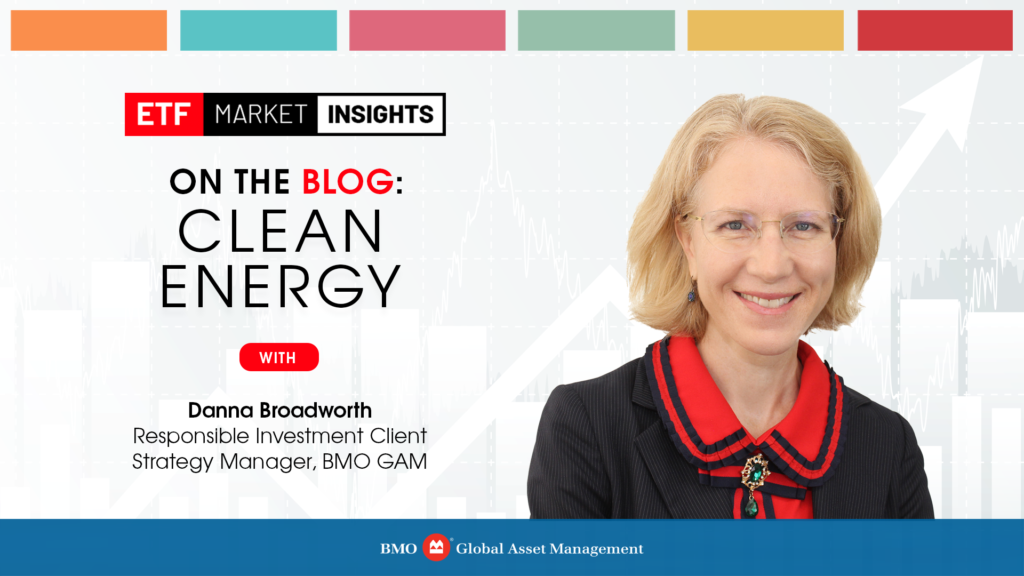A Historic Win for Clean Energy Development
U.S. President Joe Biden passed historic legislation last month with the signing of the Inflation Reduction Act (“the IRA”). The law spells out the most aggressive climate action in U.S. history and outlines specific directives to support the building of a clean energy economy by 2030. It will:
- Generate more clean power for homes, businesses and communities through the construction of:
- 950 million solar panels,
- 120,000 wind turbines and
- 2,300 grid-scale battery plants.
- Advance cost-saving clean energy projects at rural electric cooperatives that serve 42 million people.
- Strengthen climate resilience and protect nearly two million acres of national forests.
- Create millions of good-paying jobs within the U.S. clean energy industry.
- Reduce greenhouse gas emissions by roughly one gigaton—or a billion metric tons—resulting in 10 times more climate impact than any other piece of legislation ever enacted.
- Prevent up to 3,900 premature deaths and 100,000 asthma attacks annually by simultaneously increasing clean energy output and reducing particle pollution from fossil fuels.[i]
Many of the existing clean energy incentives in Europe are more ambitious than those in the IRA.[ii] However, the new directives are expected to bolster not only U.S., but global, progress toward clean energy targets. This is due to the outsized role of the U.S. economy in the global market, as well as the resulting effects on global clean energy companies.[iii] Moving forward, we hope to see all governments around the world continue to increase their investments in clean energy and commit to a greener economy where the benefits are widely shared throughout society.
The need to ease global warming is a global mega-trend that’s already underway. But lately, the global energy crisis and focus on energy security have added a sense of urgency to accelerate the transition, reaching far beyond Europe. In addition, while production costs for clean energy (particularly solar and wind) have recently increased, they are not rising nearly as quickly as fossil fuel costs. This further improves the competitiveness of the clean energy industry.[iv] All told, the current mix of macro- and microeconomic factors strongly support clean energy as an attractive investment opportunity.
BMO Funds with significant investments in clean energy companies:
BMO Clean Energy Index ETF (ZCLN) | BMO Clean Energy ETF Fund
BMO Brookfield Global Renewables Infrastructure Fund ETF Series (GRNI)
[i] Source: https://www.whitehouse.gov/briefing-room/statements-releases/2022/08/15/by-the-numbers-the-inflation-reduction-act/
[ii] Source: https://www.bnnbloomberg.ca/who-s-winning-on-consumer-climate-incentives-the-us-or-europe-1.1814179
[iii] Source: https://www.americanprogress.org/article/how-the-inflation-reduction-act-will-drive-global-climate-action/
[iv] Source: https://www.iea.org/reports/renewable-energy-market-update-may-2022
DISCLAIMER:
Any statement that necessarily depends on future events may be a forward-looking statement. Forward-looking statements are not guarantees of performance. They involve risks, uncertainties and assumptions. Although such statements are based on assumptions that are believed to be reasonable, there can be no assurance that actual results will not differ materially from expectations. Investors are cautioned not to rely unduly on any forward-looking statements. In connection with any forward-looking statements, investors should carefully consider the areas of risk described in the most recent simplified prospectus.
Commissions, management fees and expenses (if applicable) may be associated with investments in mutual funds and exchange traded funds (ETFs). Trailing commissions may be associated with investments in mutual funds. Please read the fund facts, ETF Facts or prospectus of the relevant mutual fund or ETF before investing. Mutual funds and ETFs are not guaranteed, their values change frequently and past performance may not be repeated.
For a summary of the risks of an investment in BMO Mutual Funds or BMO ETFs, please see the specific risks set out in the prospectus of the relevant mutual fund or ETF . BMO ETFs trade like stocks, fluctuate in market value and may trade at a discount to their net asset value, which may increase the risk of loss. Distributions are not guaranteed and are subject to change and/or elimination.
BMO Mutual Funds are offered by BMO Investments Inc., a financial services firm and separate entity from Bank of Montreal. BMO ETFs are managed and administered by BMO Asset Management Inc., an investment fund manager and portfolio manager and separate legal entity from Bank of Montreal.
®/™Registered trademarks/trademark of Bank of Montreal, used under licence.




















































